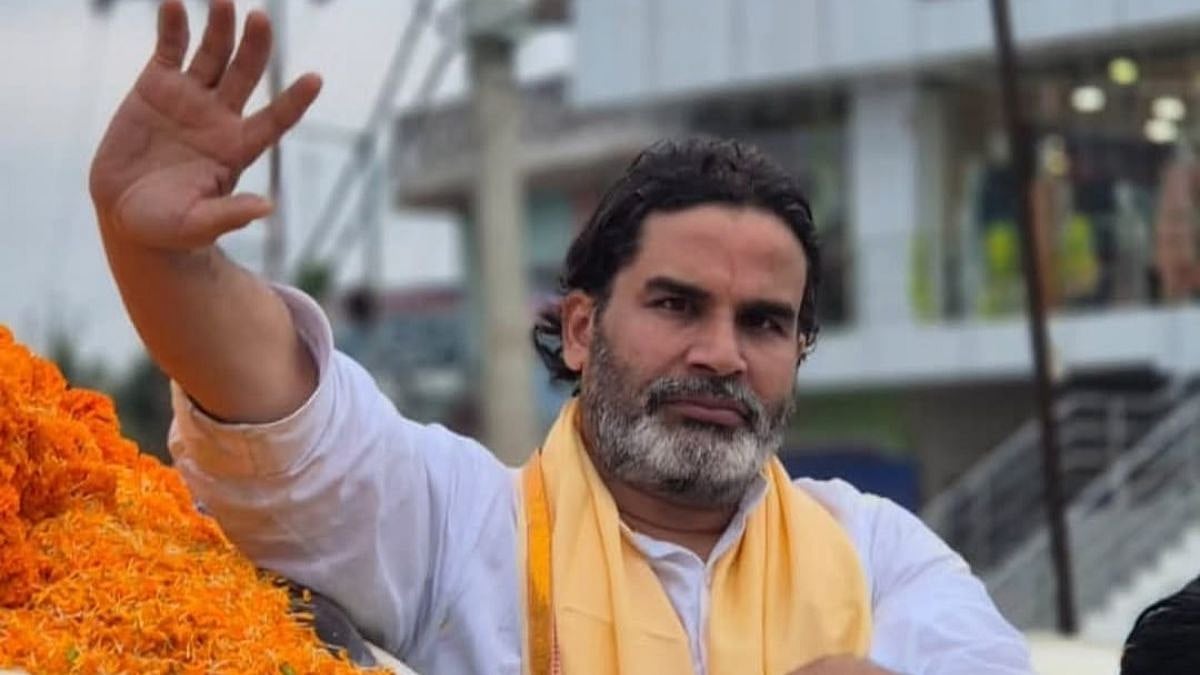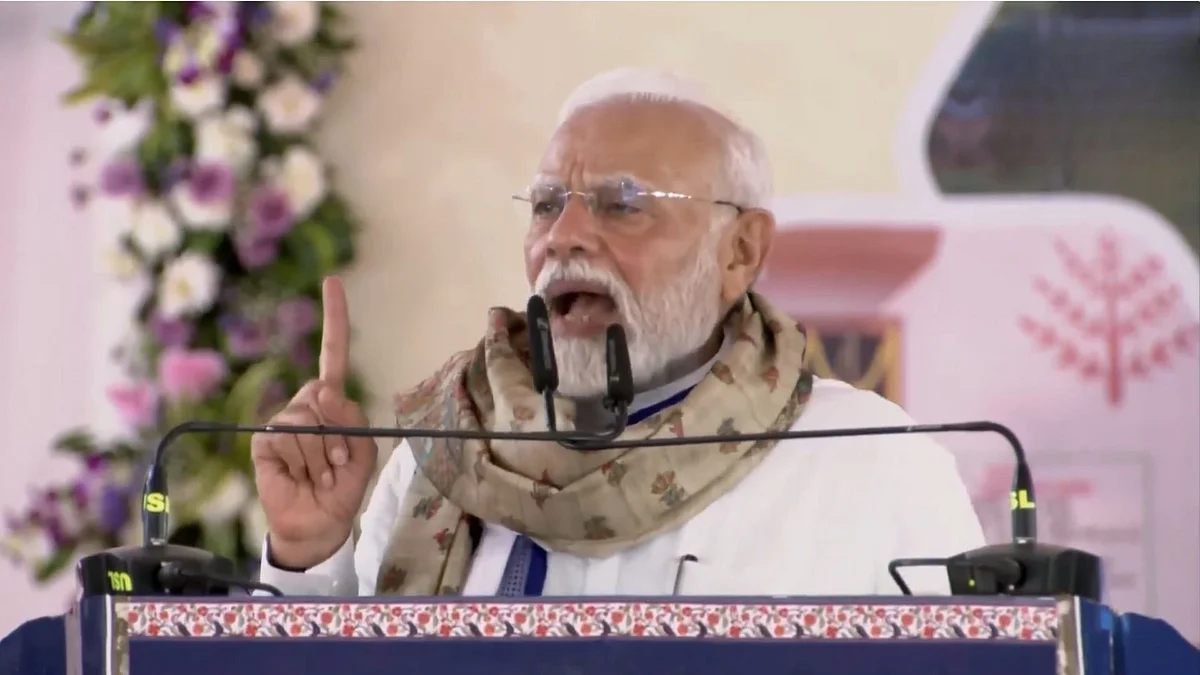Pakistan is not only politically unstable, its society is also facing various issues. The minorities in Pakistan were never safe. Now they are living under various threats. Recently, a Muslim mob attacked the houses of Christians in Jaranwala in Punjab province of Pakistan. On August 16, hundreds of Muslims went on rampage over allegations that a Christian man and his friend desecrated the Holy Quran. The unruly mob burnt at least 19 churches and damaged many houses. Now, authorities in Pakistan have promised compensation for each of the nearly 100 poor Christians who lost their homes.
This backlash was based on the allegations of blasphemy. Once the rumours started floating about the desecration of the Holy Quran, the members of the Tehreek-i-Labbaik Pakistan [TLP] added fuel to fire by issuing provocative public statements. One must keep in mind the legal provisions of blasphemy law. Here, the evidence loses its significance when focus shifts to blasphemy which in turn sets a path for acts of vigilante justice. This is the second incidence in recent times. Some time ago, an English teacher in Balochistan was killed on the basis of allegations of blasphemy.
Pakistan's unhappy minorities
Let us look at the profile of the minorities in Pakistan. According to available statistics, there are nearly 3 million non-Muslims in the country formally registered with the National Database and Registration Authority. Of this, the biggest number is of Hindus [approximately 1.4 million], followed by Christians 1.2 million, and then others which include Ahmedis, Zoroastrian, Bahai, Sikh, Buddhist and even a handful of Jews. Even their geographical spread is interesting. The Ahmedias are concentrated in Central Punjab. They often boycott elections in Pakistan as no political party is willing to take up their concerns.
Like other minorities the Christian community is not happy in Pakistan. But then the Christians have a different type of battle with the Muslims. Right from the era of the Crusade, the Muslims and the Christians do not see eye to eye with each other as both are prosyletising religions. Both are ‘book people’ and want to spread the ‘good word’. Theologically it is difficult for them to live peacefully together. The Christians in Pakistan have been facing many attacks in the past few years and the main tool to harass them is the law of blasphemy. This law was passed by late general Zia-ul-Hak who piloted this law which condemns anyone guilty of blaspheming against the Prophet of Islam to death.The fate and future of Hindus is no different. The Hindus in Sindh province live under constant fear. No political party is willing to speak for them. Normally the Hindus of Sindh vote for the Pakistan People’s Party [PPP], not out of any love but plain and simple political need. To buy security the Hindus side with the PPP.
Though the Constitution of Pakistan does have some provisions to protect the interests of the minorities, in reality the minorities live under mortal fear for their lives and property. For example, there are 10 seats reserved for religious minorities in the National Assembly. Then there are sixty seats for women in the same House. Though the votes of minorities in Pakistan are crucial in nearly 100 national and provincial assemblies, no political party openly woo them.
Pakistan's discourse is dominated by orthodoxy
Historically speaking, Pakistan has always witnessed the rising tide of Islamic fundamentalism. It could be pointed out that this move started from the mid-1970s onwards. Pakistan’s discourse was dominated by the orthodoxy. Though the Ahamadiyas were banned in 1974, the demand for this has been in the air from 1953. The next battle was won by the orthodoxy when Pakistan managed to frame its constitution in 1956 and declared itself as Islamic State. The 1973 Constitution showed the impact of Islamic fundamentalism. In 1974, the JamiatulUlama-i-Islam [JUI], Jammat-i-Islami [JI], and JamiatulUlama-i-Pakistan [JUP] raised the question of declaring the Ahamadiyas or Qadianis as non-Muslims. Bhutto was too willing to oblige. Since then, the Qadianis are non-Muslims in the Islamic State of Pakistan.
In Pakistan, there are too many terrorist groups with different agenda. Some are totally anti-India while others are anti-West. At the same time, there is enough number of groups that are anti-minorities and anti-Shias. These anti-minority groups want to make Pakistan another Sunni-dominated country in South Asia. This idea flies in the face of late Jinnah’s dream of Pakistan, an ideal country for the Muslims of South Asia. For this dream, Jinnah fought relentlessly for decades and managed to carve out Pakistan. One look at today’s Pakistan and one sees Jinnah’s dream lying in ruins.
Blasphemy laws are not the only problem
There are several reports that show how minorities are unsafe in Pakistan. A United States Commission on International Religious Freedom Report shows that the enforcement the blasphemy law has made Pakistan one of the most communally aggressive countries in the world. And it is not only blasphemy laws that are guilty. Even the sections 295 and 298 of Pakistan Penal Code talk about actions and utterances that constitute insult to religion and desecration of Quran. These clauses are quite ambiguous and are often employed to harass, silence minorities like Hindus, Christians, Jews, Shias, Ahmadis, etc.
All over the world, especially in democratic societies, ‘protection of minorities’ is the litmus test. If a country cannot protect its minorities, it is often regarded as an unsafe state for the minorities. By any standard, Pakistan has fledgling democracy and now it is getting ready for the next general elections.
(Avinash Kolhe is a retired associate professor in Political Science, Mumbai.)










